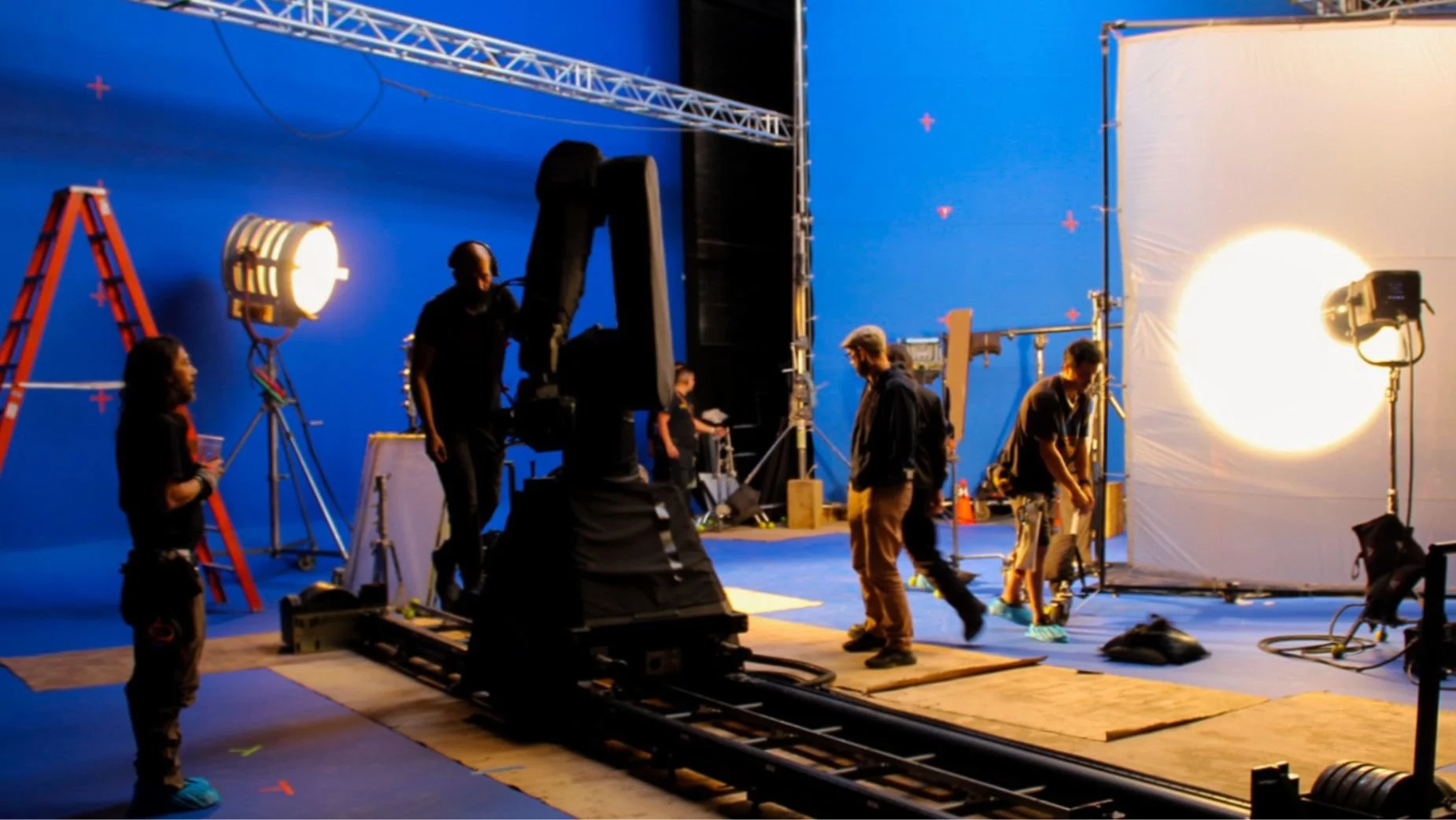Is the Production Process Getting More Sustainable?
Progress, pressure and plateaus: voices from across global production, including OLIVER, Wonderhood Studios and Momentum Worldwide, tell LBB’s Alex Reeves why sustainability is now essential – but still not enough.
Image via UnSplash
Is the production process really becoming more sustainable, or are we just better at talking about it?
For veterans of production, the transformation is striking. Elizabeth Woods, head of production at OLIVER, recalls a time when pre-production meant lugging around bound books and seeing new scripts printed daily on colour-coded paper. “My producers now don’t even know what a ‘pre-pro book’ is, because they’ve never seen one,” she says. “So, has there been a change? Yes, absolutely. But are we there yet? Absolutely not.”
That tension between progress and frustration is shared across the industry. David Chamberlain, global sustainability lead at Momentum Worldwide, sees signs of a real shift: sustainable materials with faster lead times, and a surge in client briefs asking specifically for sustainability credentials. For an industry that prides itself on craft, speed and scale, the pressure to prove sustainability is no longer peripheral – it’s a client expectation. Meanwhile, non-profit Green The Bid has found that most of its members now have policies in place or in development – and brands are increasingly the ones pushing for greener approaches.
But the reality on the ground is more uneven. Summer Griffiths, executive producer at Spark & Riot, argues that “sustainable production is no longer optional; it’s essential.” She notes real wins in waste diversion, local crew hiring, LED rigs and paperless workflows, but adds a warning: “While these steps have an impact, the adoption is inconsistent. Unfortunately without early planning, sustainability efforts can feel superficial.”
For others, the issue is urgency. “Sustainability in production isn’t optional. It’s a challenge our industry must face head-on, and while there’s been progress, it’s not fast enough,” says Laura Taylor, associate production director at Born Social. And as Seen Presents’ production director Joshua Chadwick points out, some of the biggest culprits remain untouched: “Large-scale live events, in particular, continue to generate significant emissions from travel, temporary builds, material waste, and energy use.”


